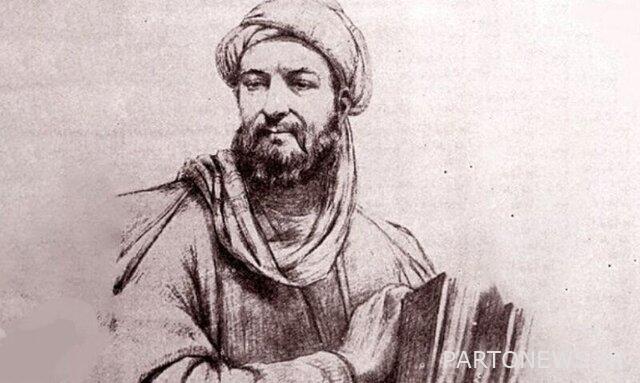What is waiting for us with the confiscation of Iran’s pride?

Every Iranian has heard the names of Ibn Sina, Maulana, and Nizami Ganjavi at least once. They are proud of the land of Iran, which shows that they are Iranians in all their works. Nevertheless, the neighboring countries have tried many times to put their names next to these celebrities by appropriating their identities, but the question is how diligent has Iran been in preserving the identity and status of these celebrities in the world?
The discussion of protection of Iranian celebrities has been discussed for years; Because we have witnessed many times, many countries tried to take over Iranian celebrities or register their names in their history. Recently, the country of Turkey announced that it has a series about “Avicenna” under construction, which according to Turkey’s background, it is understood that the intention of this action is to capture this Iranian scientist in the name of Turkey. In 2007, Turkey introduced Maulana Jalaluddin Balkhi, a Persian-language poet, as a Turkish poet and philosopher, and the Republic of Azerbaijan is also trying to confiscate “Nizami Ganjavi”.
Despite the fact that 41 famous people from Iran have been registered in UNESCO’s list of famous people of science and literature, there are many famous people whose place is empty in this list and there is a concern that if Iran neglects and fails, they will also be confiscated. The claimant countries are coming and this is while, in the continuation of naming the cultural heritage week, which started on May 28th, the 30th day of May, by the Ministry of Cultural Heritage, Tourism and Handicrafts, titled “Registering works and honors; “National performance has taken the global strategy”, the question arises, what has been the national performance to preserve and protect Iranian celebrities and celebrities in these years, and what is waiting for the country with the confiscation of the celebrities?
Therefore, ISNA spoke with Farhad Nazari, a member of the ICESCO Intangible Heritage Committee and the former Director General of the Historical Monuments Registration Office in the Ministry of Cultural Heritage, Tourism and Handicrafts. He believes that the title of this day means “Recording works and honors; “National performance, global strategy” is attractive, but it is not free of problems; Because in UNESCO, we don’t have anything called “register of honors”. Of course, the registration of works, both tangible and intangible heritage, natural heritage and documentary heritage, is common and usual, and as I said, this approach of “national performance and global strategy” is attractive.
The member of the ICESCO Intangible Heritage Committee continued: Regarding the confiscation of works, the obligation is clear, and immovable historical works and natural heritage cannot be confiscated, because they cannot be moved. For example, no country can register “Taq Bostan” or “Sero Abraqo” in its name, because these are in the geography and ownership of Iran.
He added: But regarding documentary heritage, the situation is a little different. Any country that owns a copy or documentary heritage can register it in the regional or world list of documentary heritage (Memory of the World Program). Even if that work already belonged to another country and was somehow transferred to another country. For example, we registered an exquisite copy of Jame al-Tavarikh, which was produced in India, but came to Iran at the same time and is now in the Golestan Palace. Although the author of Jame al-Tawarikh is Khwaja Rashid al-Din Fazlullah Hamdani, this version in question was written and illustrated in India. Another example is “Persian illustrated documents and manuscripts” in Egypt, which were registered by that country, because they are kept there.
Nazari stressed: Regarding the registration and confiscation of mafakhir, I must say that there is nothing under the title of mafakhir registration in UNESCO. They are accompanied by the praiseworthy words. On the other hand, it is completely and fundamentally meaningless to register bragging rights. That is, when it is said that a certain country registered Ibn Sina in its name, it is a mistake. Of course, confiscation is another issue that can be achieved in various ways. The confiscation of honors is a kind of distortion and manipulation in human history, civilization and culture.
A member of the ICESCO Intangible Heritage Committee said: Governments by falsifying history and confiscating pride with any motive and intention, such as identity building, will strengthen their nation, because the truth is something else, and in this day and age, with this circulation and access to information, it is a hopeless effort.
At the same time, Nazari said: Of course, these words of mine do not mean that we should join hands. Protecting cultural heritage is a human and national duty and should not be neglected. We must act with careful planning and prioritization and taking national interests into account.

